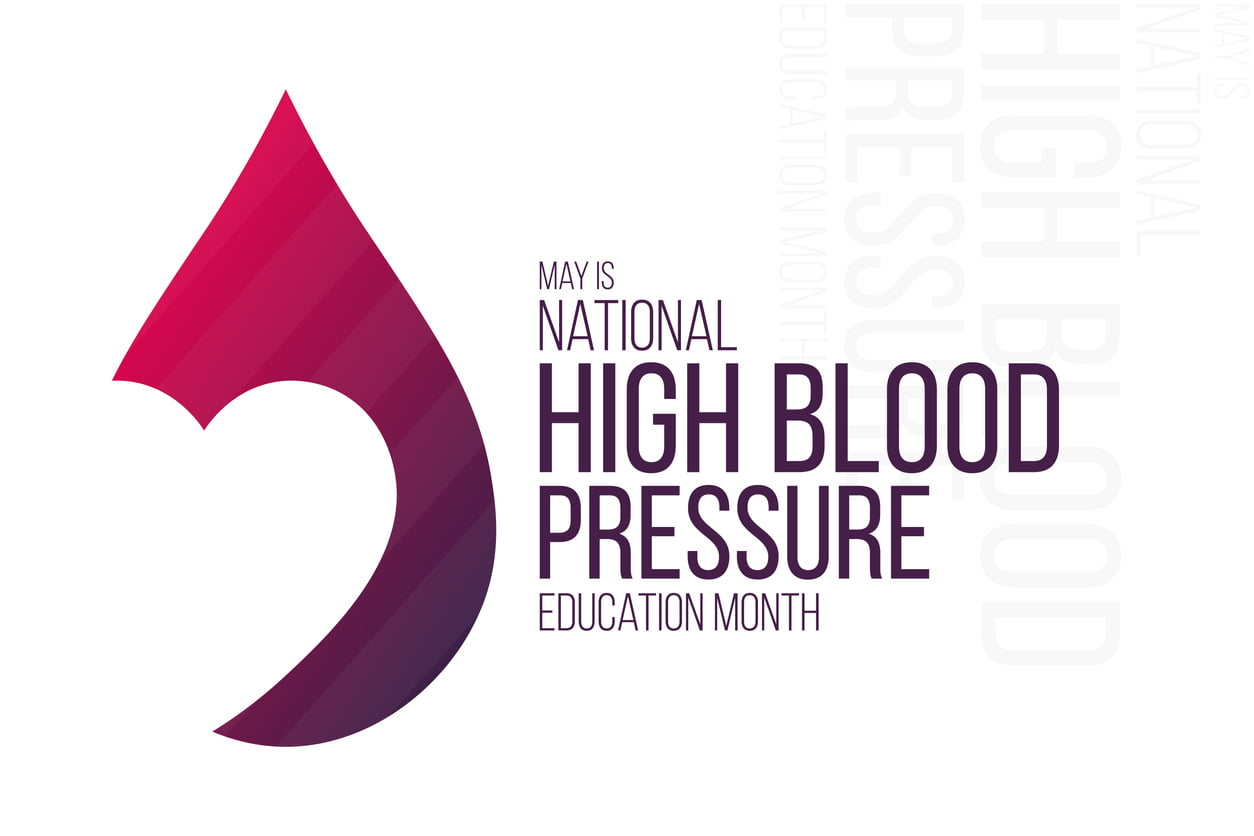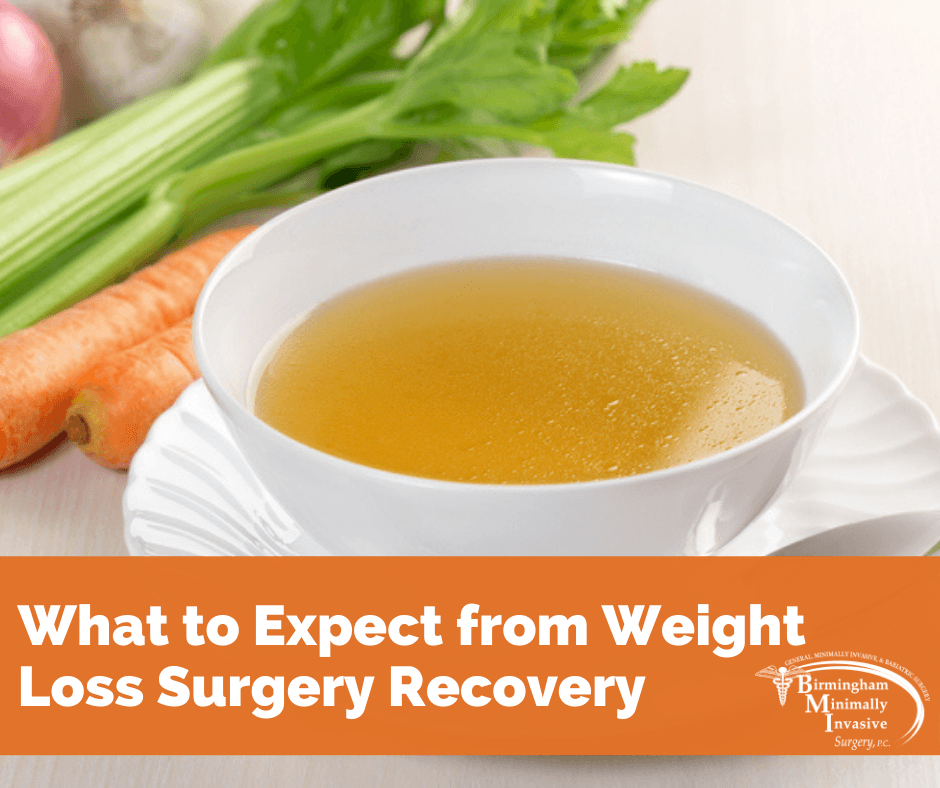

May is Mental Health Awareness Month, a time to highlight the importance of emotional well-being. While weight loss surgery can be a transformative journey for many, it often comes with emotional and mental health challenges. It’s important to prepare for the many changes that come with bariatric surgery before and after your visit.
In this post, we’ll explore how to manage the common emotional challenges that often come with bariatric surgery, like body image issues, changes in relationships, coping with stress, and seeking support.
Managing Body Image Issues After Bariatric Surgery
Weight loss surgery can lead to significant changes in body shape and size, which may trigger complex emotions about body image. After surgery, many people come to realize their body image struggles don’t automatically disappear.
Body image issues can range from a small annoyance with one of your features to overly obsessing over a part of your body. Some people even experience body dysmorphic disorder (BDD), which is a mental health condition where a person obsesses over one or more perceived flaws of their physical appearance, and this aspect may or may not be evident to other people. BDD often causes a lot of stress and interferes with daily life.
It’s important to practice self-compassion and focus on appreciating your body for its strength and resilience. Consider seeking support from a therapist or support group specializing in body image issues to explore these feelings in a safe and understanding environment.
Changes in Relationships
Weight loss surgery can significantly affect your relationships with friends, family, and romantic partners. People in your life may have varying reactions to your transformation. Whether they offer support or express concern, these reactions can present themselves in unanticipated ways.
Successfully navigating these potential relationship changes after weight loss surgery requires open communication. Be honest about your feelings and boundaries, and encourage loved ones to do the same. Remember that healthy relationships are built on mutual respect, understanding, and acceptance, regardless of physical appearance.
Coping with Stress
The post-surgery period is a physically and emotionally challenging time for the majority of bariatric surgery patients. This often leads to excessive stress and anxiety. It is important to work with a therapist or other medical professional to develop healthy coping mechanisms and learn to manage stress effectively as you recover from the procedure and adapt to your changing body.
Coping mechanisms that can help you effectively manage the emotional toll of bariatric surgery include:
- Mindfulness practices
- Meditation
- Physical activities
- Journaling
- Spending time in nature
- Confiding in or leaning on people you trust
Whatever your coping mechanisms, it is vital to practice self-care to nourish your mind, body, and soul. If you are struggling to cope, never hesitate to reach out to the professionals at Birmingham Minimally Invasive for help.
Seeking Support
You don’t have to navigate the post-weight loss surgery journey alone. Reach out for support from friends, family, support groups, and healthcare professionals who understand and can validate your experiences.
You may want to consider joining a support group for people who have had bariatric surgery. A support group connects you with other individuals who have had weight loss surgery to share insights, challenges, and triumphs related to bariatric surgery recovery with each other. Seeking support post-surgery can be scary as it requires you to be vulnerable, but it can also play a crucial role in improving your emotional well-being.
If you need help connecting with others who have had weight-loss surgery, please contact Birmingham Minimally Invasive so that we can ensure you get the support you need.
Life After Bariatric Surgery With BMI
Managing emotional and mental health after weight loss requires a great deal of self-compassion and support. By addressing body image issues, navigating changes in relationships, coping with stress, and seeking support, you can cultivate a positive and resilient mindset on your journey toward wellness.
At Birmingham Minimally Invasive, we understand that mental health is just as important as your physical health. We ensure our patients learn to practice self-care and nurture their emotional well-being every step of the way. That’s why we provide compassionate care for our patients throughout the weight loss surgery process, from pre-op to the end of their recovery, and beyond.
Healthy and Happy Living After Weight Loss Surgery at BMI
Birmingham Minimally Invasive Surgery supports you by ensuring you have a clear understanding of what to expect before, during, and after your weight loss surgery, including how to manage emotional and mental health after surgery. Our compassionate team will always be here to answer all questions and concerns as they arise.
If you have specific concerns or questions, contact BMI for personalized support. You can call us anytime at (205) 858-1211.










